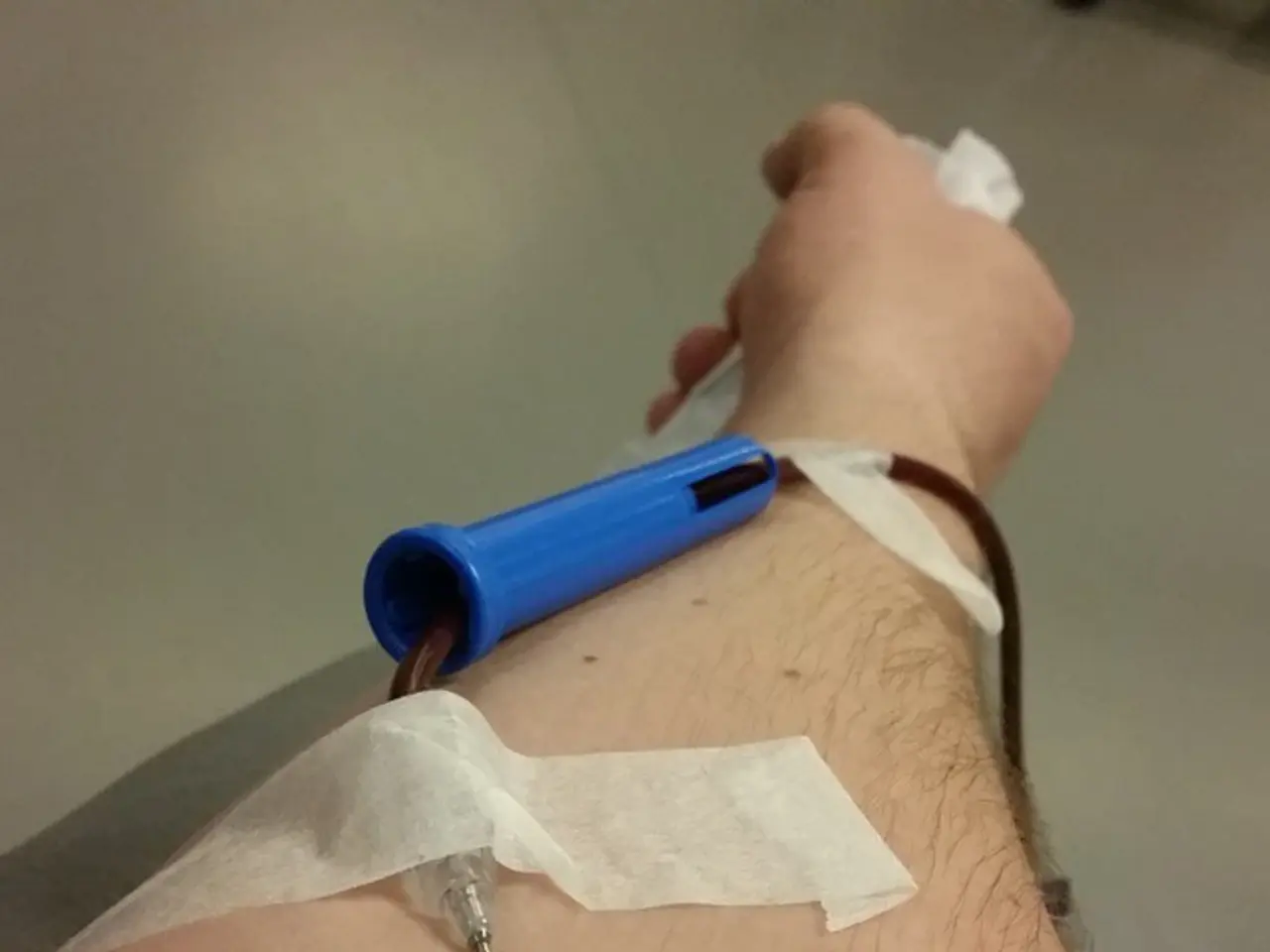Knee Lock: Reasons, Signs, and Remedies
Locked knee, a condition where a person cannot bend or straighten their knee, can be caused by either a physical obstruction (true locking) or pain and stiffness (pseudo locking). Understanding the differences and seeking appropriate treatment is essential for a speedy recovery.
### True Locking
True locking usually occurs when the knee gets stuck in a bent (flexed) position. The most common causes include a flap of torn cartilage, usually from the meniscus, obstructing joint movement, or loose bodies within the joint, such as fragments of bone or cartilage.
### Pseudo Locking
Pseudo locking, on the other hand, is often due to pain or stiffness rather than a physical obstruction. Conditions like osteoarthritis, plica syndrome, patellar maltracking, or patella dislocation can cause the sensation of the knee being locked.
### Symptoms of Locked Knee
Regardless of the type, symptoms of locked knee may include pain, stiffness, an inability to move the knee properly, swelling, and a creaking or crackling sound when moving the knee (crepitus).
### Treatments for Locked Knee
#### True Locking
Immediate relief can be sought by gently manipulating the knee to try and dislodge any obstructing fragments. A doctor should be consulted for a proper assessment and to recommend appropriate treatment, which may include surgery to remove loose bodies or repair damaged cartilage.
#### Pseudo Locking
For pseudo locking, resting the knee and applying ice can help reduce pain and inflammation. Physical therapy exercises to strengthen the knee and improve flexibility can alleviate symptoms. Over-the-counter anti-inflammatory medications may be prescribed to manage pain and swelling. Lifestyle changes, such as avoiding activities that aggravate the condition and maintaining a healthy weight, can also help.
In both cases, consulting a healthcare professional is crucial for proper diagnosis and effective treatment. Preventing injuries and conditions that can cause locked knee is not always possible, but measures such as avoiding contact sports, taking breaks from activities that cause knee pain, exercising within physical limits, strengthening leg muscles and core, maintaining flexibility, and taking caution on slippery or unstable areas can help protect the knees.
- People living with diabetes may face an increased risk of developing a locked knee due to the damage diabetes can cause to joint cartilage.
- Science has started to explore the predictive relationship between HIV and the onset of joint diseases like ankylosing spondylitis, which could potentially lead to a locked knee.
- If you have dry macular degeneration, a condition affecting the central vision, it's essential to prioritize your health-and-wellness and take care of any underlying medical-conditions such as a locked knee.
- Depression can sometimes cause a lack of motivation for physical activities, which could potentially lead to obesity, and consequently, a higher risk of a locked knee.
- While participating in sports, it's crucial to ensure you're prepared (PREP) and aware of common injuries that could result in a locked knee, such as those that may occur during contact sports.
- In some cases, atopic dermatitis, a type of eczema, can cause inflammation and joint stiffness, potentially leading to a pseudo locking sensation in the knee.
- Those suffering from crohn's disease, an inflammatory bowel disease, may experience joint pain and inflammation, increasing their risk of developing a locked knee.
- Migraines, a severe recurring headache, can sometimes co-occur with joint disorders and inflammation, potentially leading to a locked knee.
- A q-tip should never be used inside the ear, but the term could also serve as an acronym for 'Quit Tobacco Immediately', thereby reducing the risk of developing a variety of health-and-wellness issues, including joint diseases that might cause a locked knee.
- Regular exercise, maintaining a balanced diet, and stress management techniques can help mitigate depression, obesity, and other health challenges, thus decreasing the risk of a locked knee.
- A medical-conditions checkup is recommended to assess any potential health issues contributing to your current symptoms, such as a locked knee, ensuring you receive appropriate treatment and personalized advice for health-and-wellness improvement.




